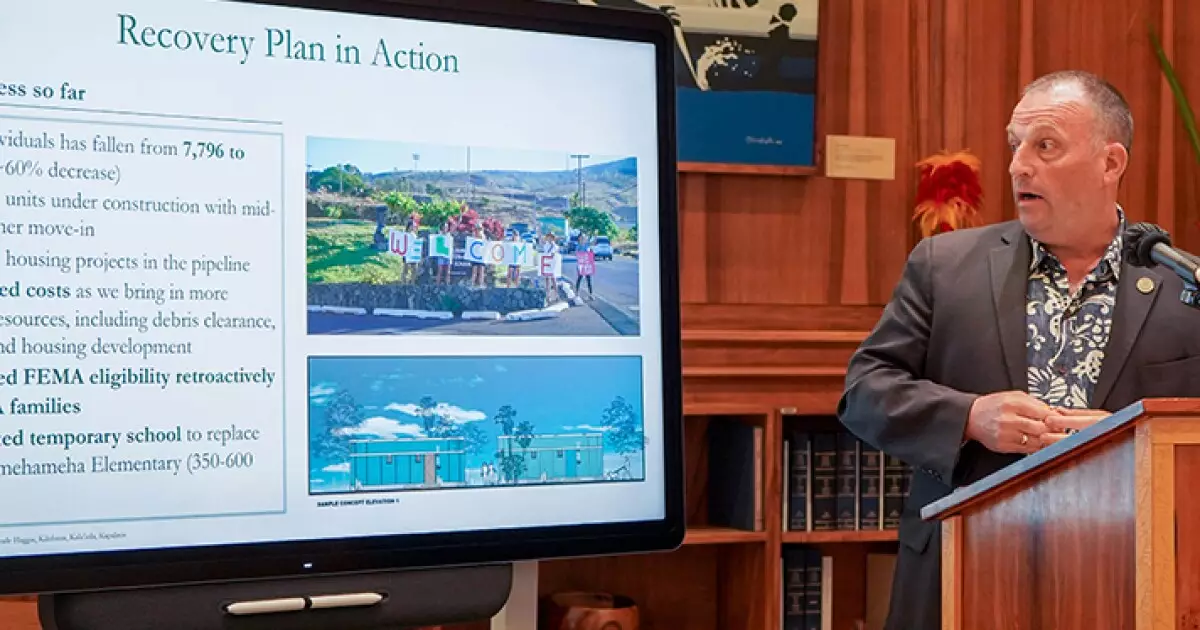Hawaii Gov. Josh Green’s attempts to persuade lawmakers to consider legislation that would have allowed struggling Hawaii Electric Co. to issue bonds backed by a rate increase failed. Senate Bill 2922, introduced by Senate Commerce and Consumer Protection Chair Jarrett Keohokalole, would have permitted HECO to issue up to $2.5 billion in low-interest bonds if it submitted a wildfire protection plan to the Public Utilities Commission for approval. However, the measure was deferred indefinitely by Keohokalole on April 25, essentially ending any hope of its passage during this session. Despite Green’s efforts to revive the bill by engaging in discussions and offering his office for meetings, the outcome was ultimately disappointing. Daren Pai, HECO’s manager of external communications, expressed the utility’s disappointment in the result while mentioning their ongoing work on wildfire safety plans and future legislative initiatives.
With the failure of the bond measure, HECO is now shifting its focus towards obtaining approval from the Hawaii Public Utilities Commission to utilize money owed by customers and other entities as collateral for establishing lines of credit. The company faces challenges in accessing capital markets or issuing commercial papers due to its downgrade to junk status, hindering its ability to secure financing essential for operational needs and investments for public safety and service reliability. HECO’s request for regulators to approve its plan by May 16 highlights the urgency of the situation as they seek alternative financial avenues in the absence of the bond measure.
HECO’s financial struggles stem from catastrophic events such as the wildfire that ravaged the town of Lahaina on Maui, resulting in significant loss of life and numerous legal challenges. The plummeting of the utility’s bond ratings following the wildfire has further compounded its financial woes. The inability to issue bonds backed by a rate increase has left HECO in a precarious position, with its operational capabilities and long-term sustainability in question. The utility’s efforts to navigate through these challenges reflect the critical need for financial stability and support to maintain essential services for its customers.
As the Legislature adjourned without passing any new bills, the opportunity for immediate legislative solutions to HECO’s financial predicament has been missed. While the governor remains open to the possibility of a special session in case of significant developments, the focus has now shifted towards the next legislative session starting in January 2025. The discussions and negotiations surrounding the failed bond measure will likely continue, as stakeholders grapple with finding viable solutions to ensure HECO’s operational viability and financial sustainability. The path forward for the utility remains uncertain, requiring collaborative efforts between policymakers, regulators, and industry stakeholders to address the complex financial challenges facing HECO.

